Summaries of books about Politics & Social Sciences:
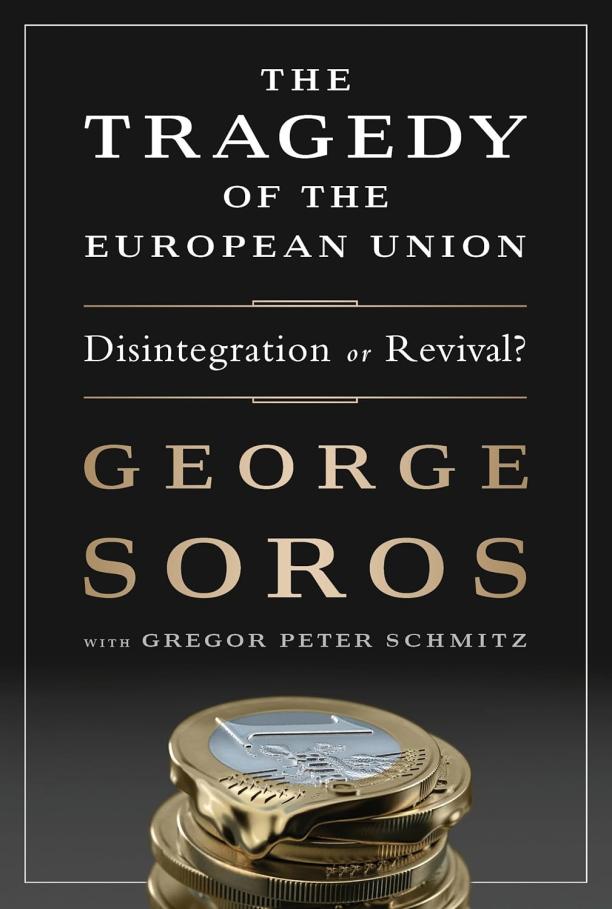
The Tragedy of the European Union
Disintegration or Revival?
George Soros
The book presents George Soros's analysis of the political and economic crises facing the European Union, arguing that flawed structures and policies have led to a state of disintegration. He offers insights and potential solutions for reviving the EU, emphasizing the need for a new approach to manage the financial system and address the democratic deficit.
See full summary
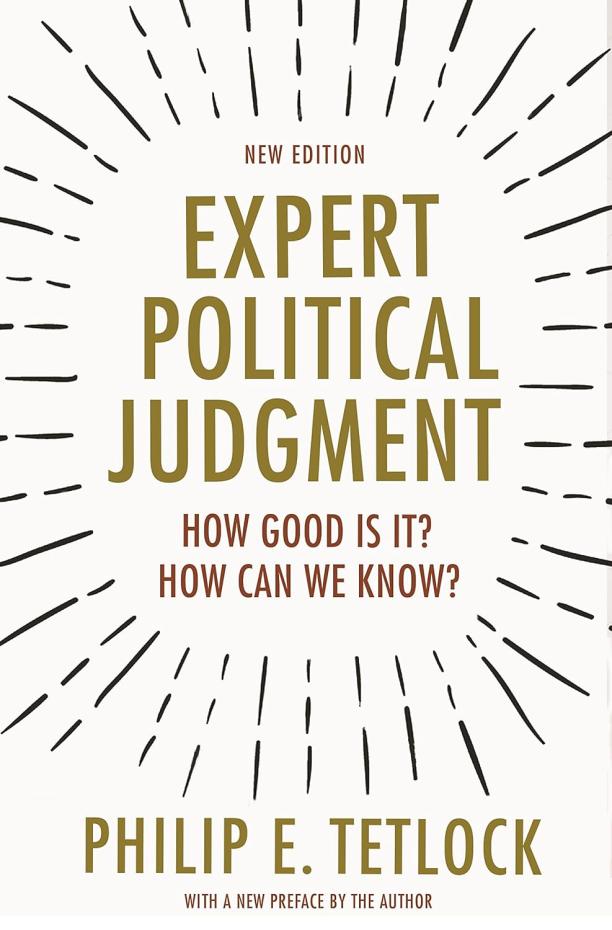
Expert Political Judgment
How Good Is It? How Can We Know? - New Edition
Philip E. Tetlock
The book examines the accuracy of political experts' forecasts, analyzing over 20 years of data to assess their predictive capabilities. It challenges the reliability of expert opinions and introduces the concept of "foxes" and "hedgehogs" to categorize thinkers, advocating for more nuanced and self-critical approaches to political analysis.
See full summary
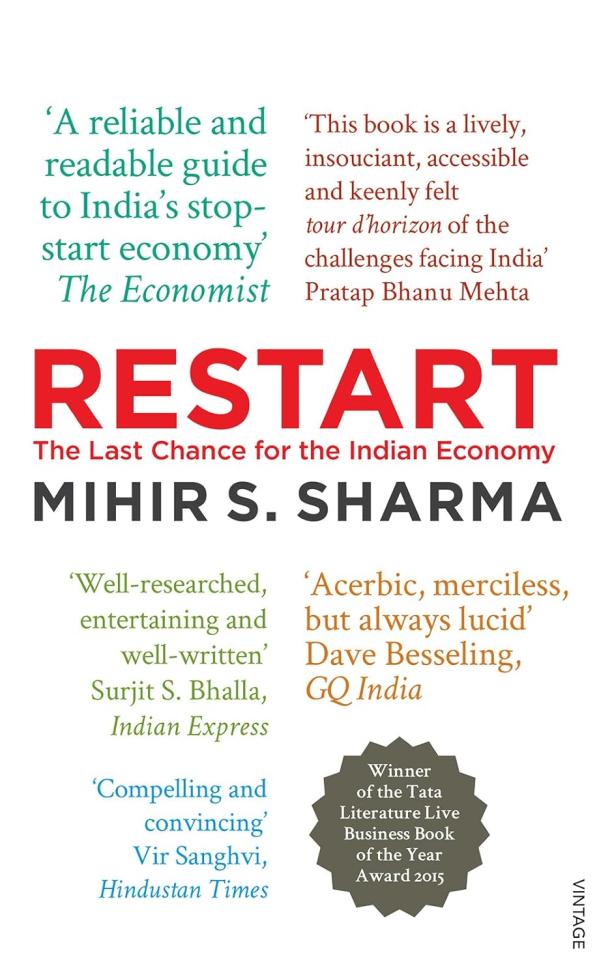
Restart
The Last Chance for the Indian Economy
Mihir Sharma
The book critically examines India's economic policies and challenges, arguing that the country has failed to capitalize on its opportunities for growth and reform. It offers a comprehensive analysis of India's economic history and presents a blueprint for how the nation can reboot its economy and achieve its full potential.
See full summary
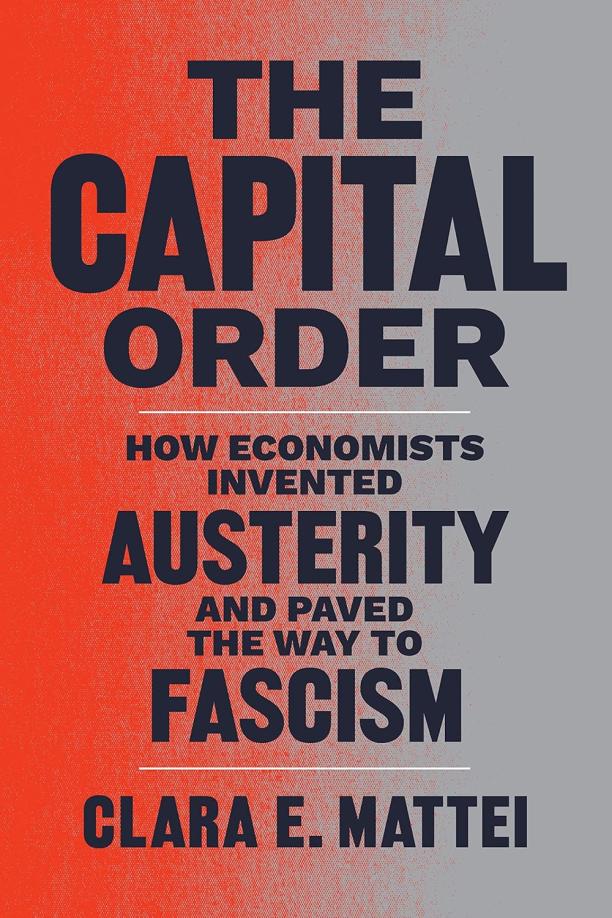
The Capital Order
How Economists Invented Austerity and Paved the Way to Fascism
Clara E. Mattei
The book critically examines the historical development of austerity policies, tracing their origins to post-World War I Europe, where economists began prescribing spending cuts and balanced budgets. It argues that these policies contributed to social unrest and the rise of fascism by exacerbating economic inequality and undermining democratic institutions.
See full summary
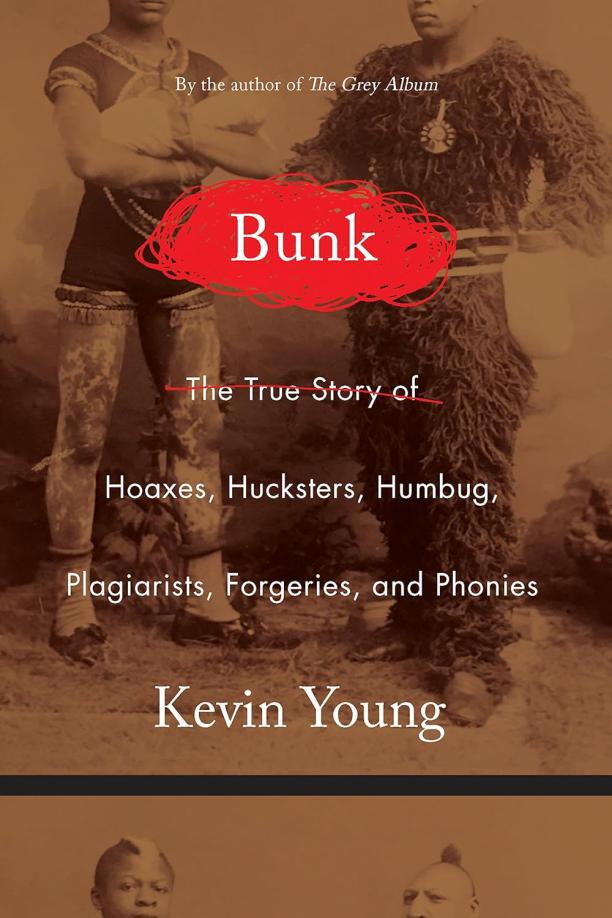
Bunk
The Rise of Hoaxes, Humbug, Plagiarists, Phonies, Post-Facts, and Fake News
Kevin Young
The book delves into the history of hoaxes in America, exploring their cultural impact and the psychological mechanisms behind the public's susceptibility to them. It examines the lineage of deception from P.T. Barnum to the era of fake news, revealing how these fabrications shape and reflect the nation's fears and beliefs.
See full summary
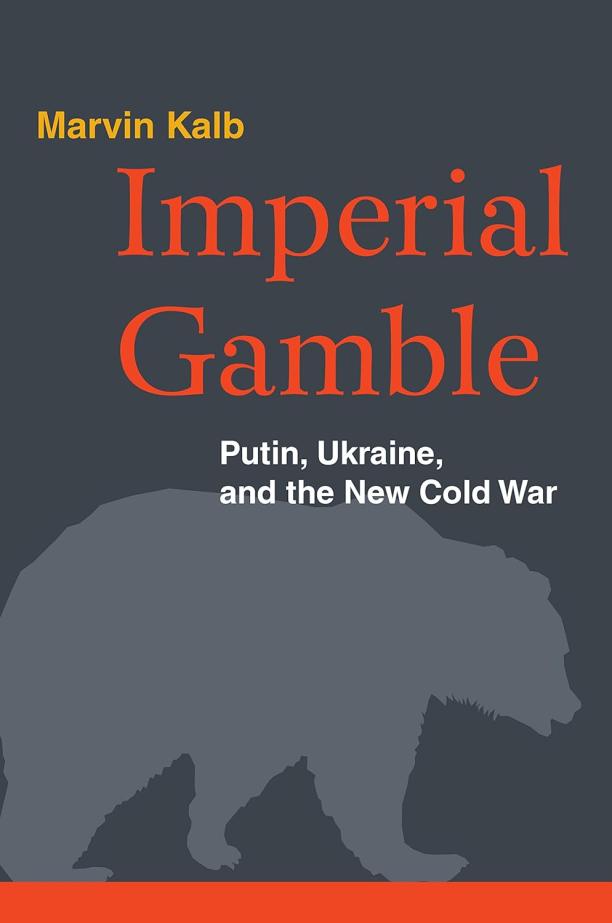
Imperial Gamble
Putin, Ukraine, and the New Cold War
Marvin Kalb
The book examines the geopolitical struggle over Ukraine, analyzing Vladimir Putin's strategic maneuvers and the risks of a new Cold War. It delves into the historical context of Russian-Ukrainian relations, the annexation of Crimea, and the West's response to the escalating tensions.
See full summary
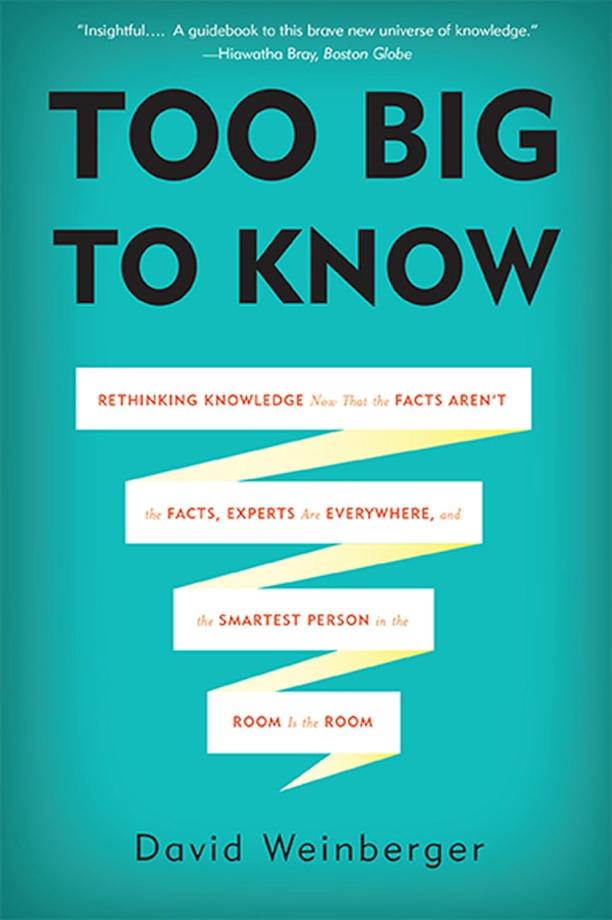
Too Big to Know
Rethinking Knowledge Now That the Facts Aren't the Facts, Experts Are Everywhere, and the Smartest Person in the Room Is the Room
David Weinberger
The book explores the transformation of knowledge in the digital age, where the abundance of information and networked connectivity has changed how we understand expertise and facts. It argues that the collective intelligence of connected individuals and machines can be more powerful than the traditional knowledge held by individual experts.
See full summary
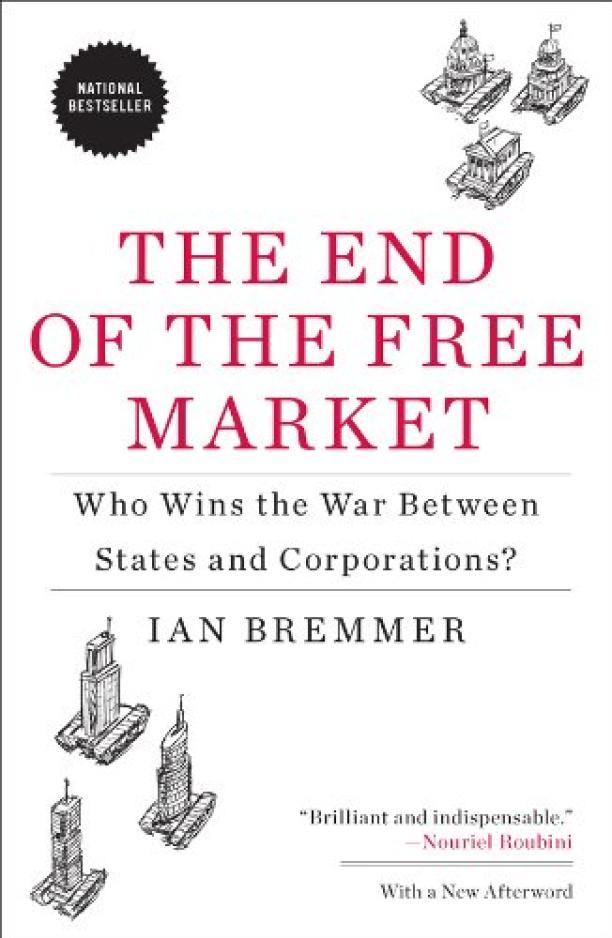
The End of the Free Market
Who Wins the War Between States and Corporations?
Ian Bremmer
The book analyzes the rise of state capitalism, where governments exert control over markets and large companies, challenging the concept of free-market capitalism. It discusses the implications of this shift for international trade, global politics, and the balance of power between multinational corporations and sovereign states.
See full summary
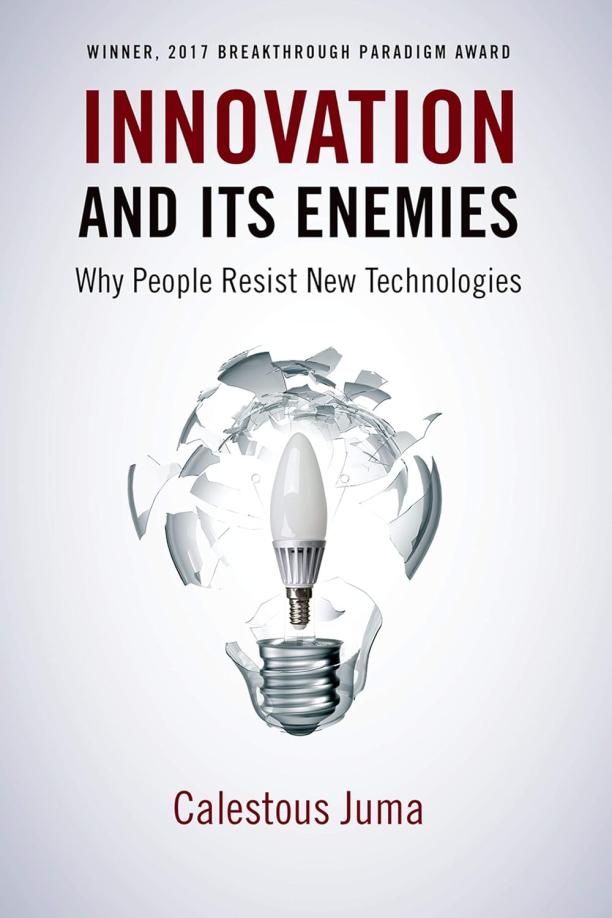
Innovation and Its Enemies
Why People Resist New Technologies
Calestous Juma
The book examines the history and reasons behind resistance to new technologies, exploring how such opposition is often rooted in the fear of economic and social disruption. It presents case studies across different eras and industries, highlighting the complex interplay between innovation, public perception, and regulatory challenges.
See full summary

Erasing Institutional Bias
How to Create Systemic Change for Organizational Inclusion
Tiffany Jana|Ashley Diaz Mejias
The book provides a comprehensive guide to identifying and eliminating biases within organizations, offering practical tools and strategies for fostering an inclusive workplace culture. It explores various types of institutional biases, their impacts, and how leaders can implement systemic changes to promote equity and diversity.
See full summary